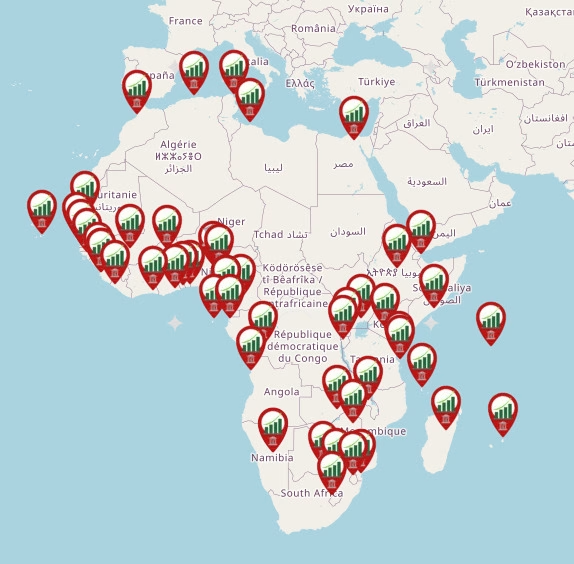Africa stands at a pivotal crossroads in its economic history. With a population set to exceed 1.7 billion by 2030 and a rapidly expanding middle class, the continent presents unprecedented growth potential. However, realizing this promise requires robust and agile institutions capable of catalyzing sustainable development. In this context, public development agencies (PDAs) emerge as strategic architects, designed to drive investment, industrialization, and regional cooperation.
The Strategic Mandate of Development Agencies
Public development agencies in Africa are government-established entities whose primary mandate is to accelerate economic growth and enhance national competitiveness. They act as the vital nexus between the public and private sectors, translating national development goals into tangible investment opportunities. Their role has evolved from that of simple promoters to comprehensive facilitators, focusing on three key strategic areas:
- Investment Facilitation and Business Climate: The most effective PDAs function as “one-stop shops” for domestic and foreign investors. Their work involves simplifying bureaucratic processes, providing crucial market intelligence, and advocating for regulatory reforms that improve the ease of doing business. By lowering barriers to entry, they attract capital to priority sectors.
- Economic Diversification and Industrialization: Historically reliant on commodities, many African economies are seeking to diversify. PDAs lead this effort by identifying and promoting high-potential, non-traditional sectors such as agribusiness, light manufacturing, ICT, and services. They foster the development of local value chains, support SMEs in integrating into global markets, and promote technology transfer.
- Export Promotion and Regional Integration: In an interconnected world, growth depends on access to new markets. PDAs play a crucial role in assisting local firms in meeting international standards and accessing export markets. With the implementation of the African Continental Free Trade Area (AfCFTA), their role in harmonizing regulations and promoting intra-African trade is more critical than ever.
Economic Impact and Persistent Challenges
The tangible impact of these agencies is undeniable. Countries that have empowered their PDAs have seen a significant rise in foreign direct investment, the creation of thousands of jobs, and greater economic resilience. They have been instrumental in establishing special economic zones, industrial parks, and technology clusters that are now engines of growth.
However, their path is not without obstacles. Political instability, inadequate infrastructure, limited access to finance, and bureaucratic hurdles remain significant challenges. To maximize their effectiveness, PDAs require greater operational autonomy, transparent governance frameworks, and consistent political support.
Opportunities to Drive Future Growth
Looking ahead, African development agencies are positioned to capitalize on several mega-trends:
- Digital Transformation: The adoption of digital technologies can revolutionize their operations, from online platforms for business registration to the use of data analytics to identify investment opportunities with greater precision.
- Sustainability and Green Finance: There is a growing global demand for sustainable investments. PDAs can position their countries as attractive destinations for green capital by promoting renewable energy projects, climate-smart agriculture, and the circular economy, all aligned with ESG (Environmental, Social, and Governance) criteria.
- Leveraging the AfCFTA: The AfCFTA represents the single greatest opportunity for intra-African trade and investment. PDAs must lead the charge, educating the private sector on how to leverage the agreement and facilitating cross-border partnerships.
Public development agencies are far more than mere arms of the government; they are the strategic linchpins on which Africa’s economic transformation hinges. By facilitating investment, catalyzing industrialization, and deepening regional integration, they are laying the foundation for a prosperous and self-sufficient future. With a renewed focus on innovation, sustainability, and cooperation, these institutions have the power to guide the continent toward an era of inclusive and sustainable development.

Team ProdAfrica
team@prodafrica.com
